The sprawling, immersive world of One Piece has always been defined by its sprawling cast of pirates, marines, revolutionaries, and ancient mysteries. Yet as author Eiichiro Oda’s saga barrels into what many are calling the most gripping flashback in the story’s history, a growing undercurrent of fan frustration is emerging: a sense that the series is leaning increasingly — and perhaps excessively — on nepotism as a narrative device.
The Allure of the Past
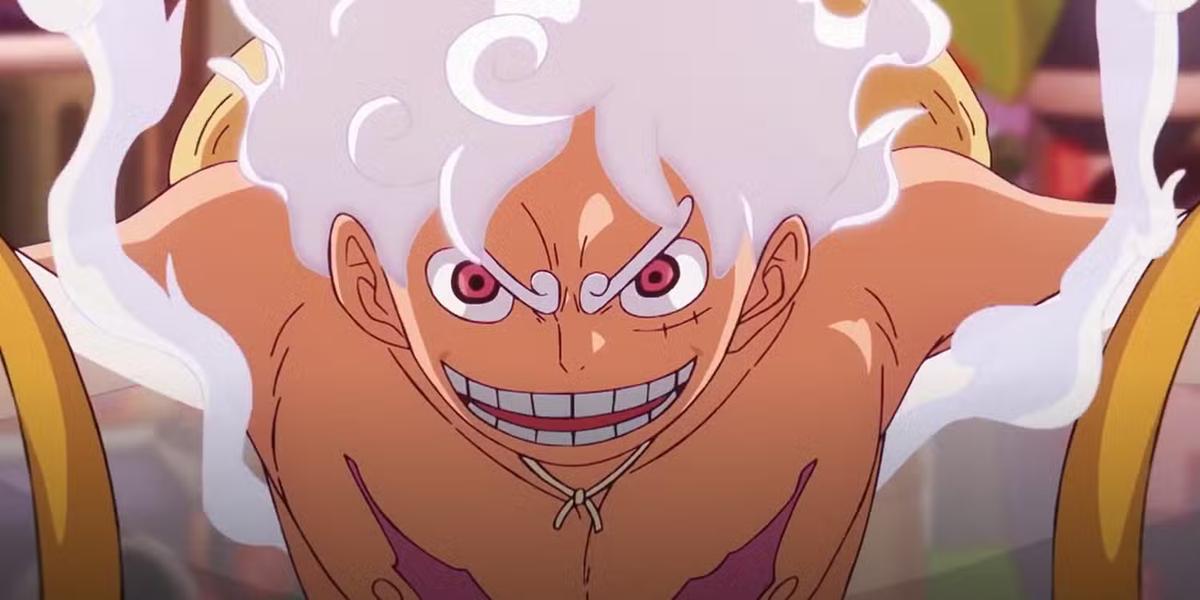
The God Valley Incident arc is currently dominating the fandom’s imagination. Within this arc we are introduced to legendary figures such as Rocks D. Xebec, Gol D. Roger, Monkey D. Garp, and the shadowy Imu — all of whom played pivotal roles in shaping the “modern” world of One Piece. The arc dives deep into power struggles that forged the seas, the Celestial Dragons, and the early pirate age — a story fans have waited decades to see. Many feel this is the “real” history of the world teased since the earliest chapters.
The tone is darker. The stakes feel more mythic. And for a segment of fans, this glimpse into the past is more compelling right now than the present-day adventures of the beloved Straw Hat Pirates.
Why Fans Are Hesitant to Return to the Straw Hats
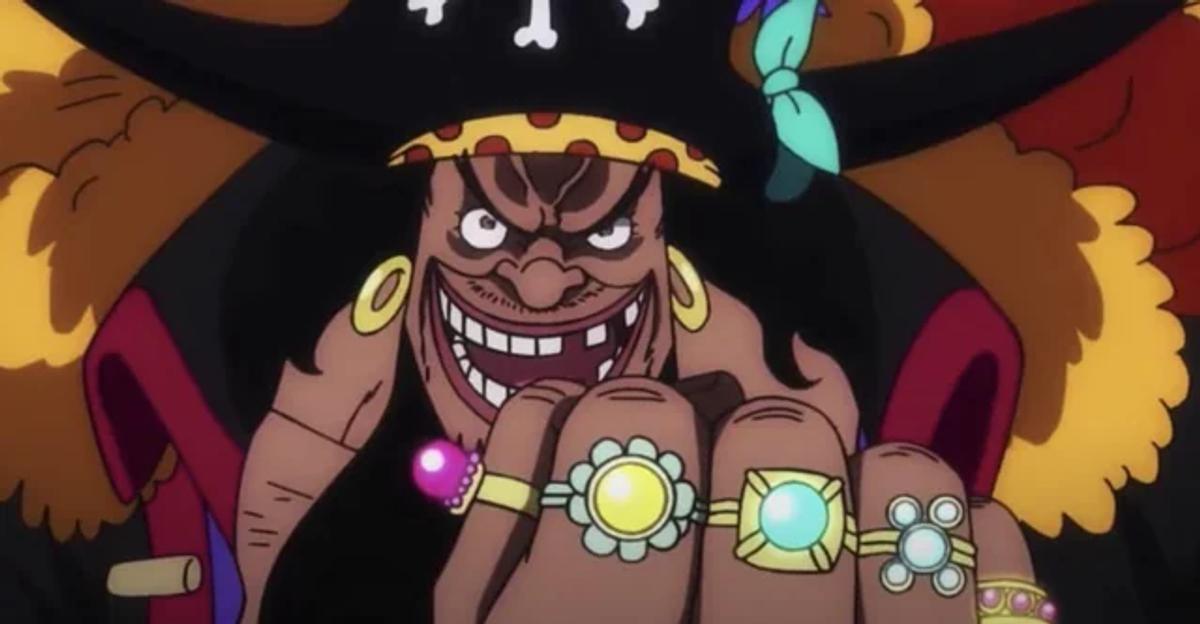
Surprisingly, social media is buzzing with fans who genuinely don’t want the story to return to the main cast just yet. On platforms such as X (formerly Twitter), many say the God Valley arc feels like the most thrilling stretch the series has offered in years. One user captured it simply:
“If we return to the Straw Hats now, it’ll feel like waking up from a dream.”
That sentiment highlights something unusual: the side-story or flashback portion is overshadowing the central ongoing narrative. The implication is that when the story shifts back to Monkey D. Luffy and his crew, it might feel less grand, less mysterious, and less vital than what is currently unfolding.
Enter the Nepotism Concern
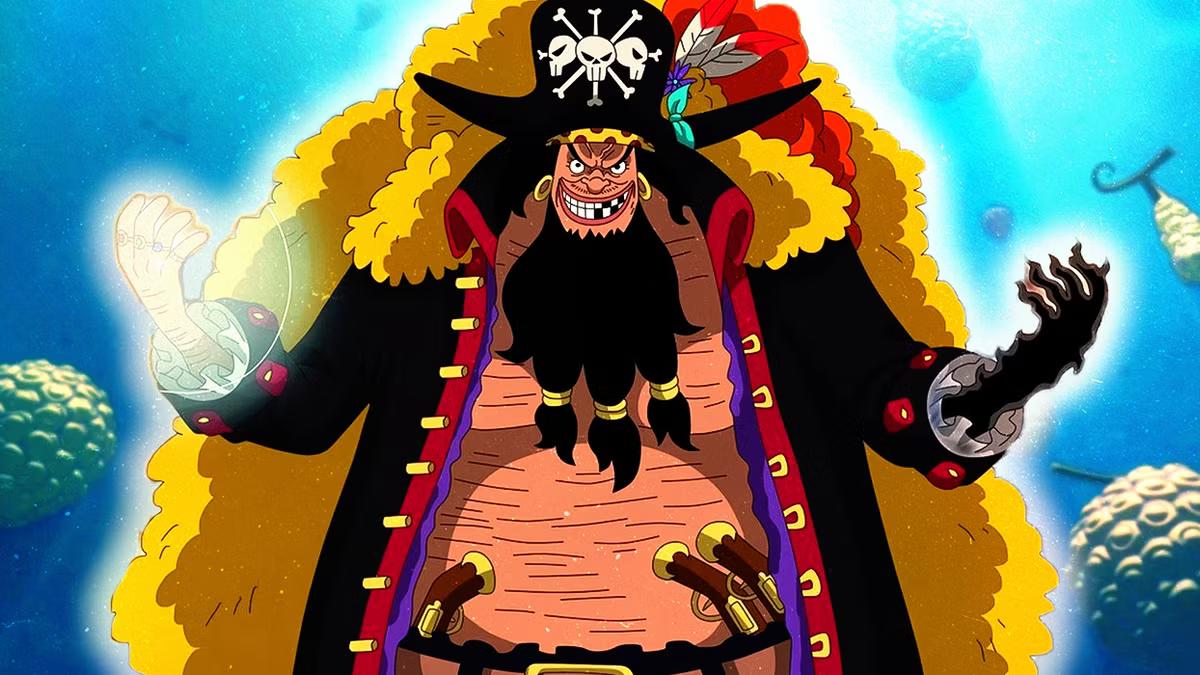
This brings us to the heart of the issue: nepotism. As the arc unspools, more and more characters are being revealed as offspring or successors of major legendary figures. Bloodlines and inherited legacies are playing larger roles: “so-and-so is the child of legendary so-and-so,” “so-and-so succeeded the throne of so-and-so,” and so on. Some fans are beginning to feel that the narrative is leaning too heavily on the idea that lineage equals significance.
In forums and discussion threads one redditor put it this way:
“My problem with backstories in One Piece and Anime/Manga in general… literally everyone big is someone’s son/daughter.”
Another commenter noted the cumulative effect:
“One Piece has a nepotism problem every big reveal is just wait this guy’s actually someone’s son—it’s starting to feel less like a pirate adventure.”
While the bloodline-reveal device is not new (trailblazing characters were always tied to history and legend in One Piece), the concern is that the ratio has shifted: instead of building new characters on their own merits, more are being introduced by virtue of who their parent is. The risk: it can undercut the sense that any pirate or marine can carve their own fate.
Why This Matters (and Why It Still Works)
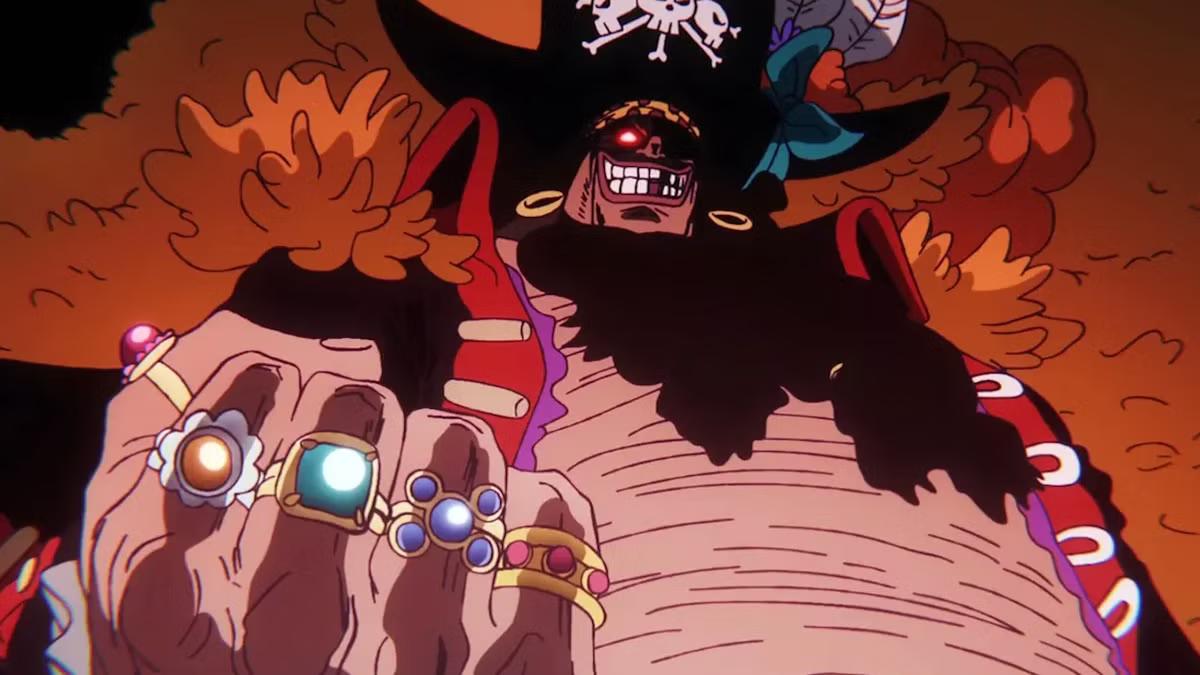
Why should we care? Because one of the defining appeals of One Piece has been its blend of mystery, adventure, and world-building that allowed new characters to break free of their pasts and surprise us. When lineage is over-emphasized, the message can become: “If you’re not born to greatness, you’re a side-character.”
Still, despite the worry, there’s no doubting the narrative power currently on display. Oda’s ability to reveal layer upon layer of secret history after more than 20 years shows his enduring craft. The pacing of the God Valley incident, the emotional weight of the legends colliding, and the sheer epic sweep all hark back to One Piece’s “golden era” of build-up.
For many fans, this interlude doesn’t feel like a diversion but a vital chapter in the saga. Returning to the Straw Hats at this moment might feel like stepping out of the grand history lesson into a familiar but less dramatic adventure.
What’s Next?
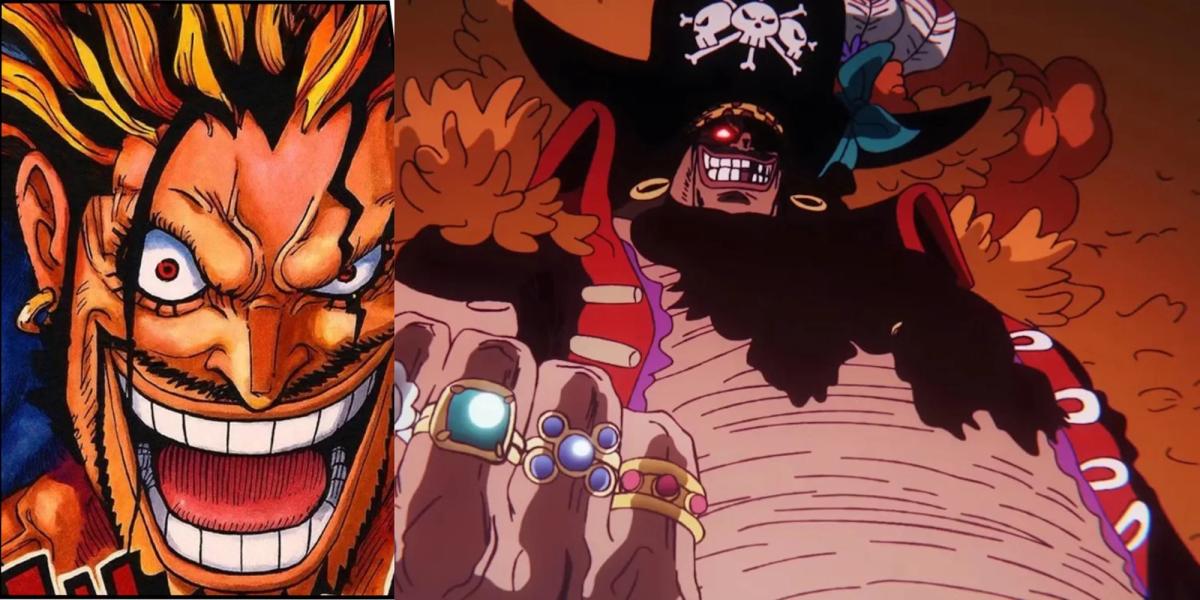
The key question now: How will Oda balance this grand history with the present story of Luffy and his crew? If the story remains too rooted in inherited legacies, the danger is that newer or lesser-known characters may feel overshadowed. On the other hand, if Oda uses this arc to underscore themes of legacy and individual agency, then the payoff could be enormous.
Is the nepotism angle simply a symptom of this arc’s focus on legendary figures? Or is it a longer-term trend that might drag the series away from its core themes of freedom, self-determination, and forming one’s own fate on the open sea?
Those are the questions fans are currently asking — even as they eagerly await the next chapter of this historic saga.







